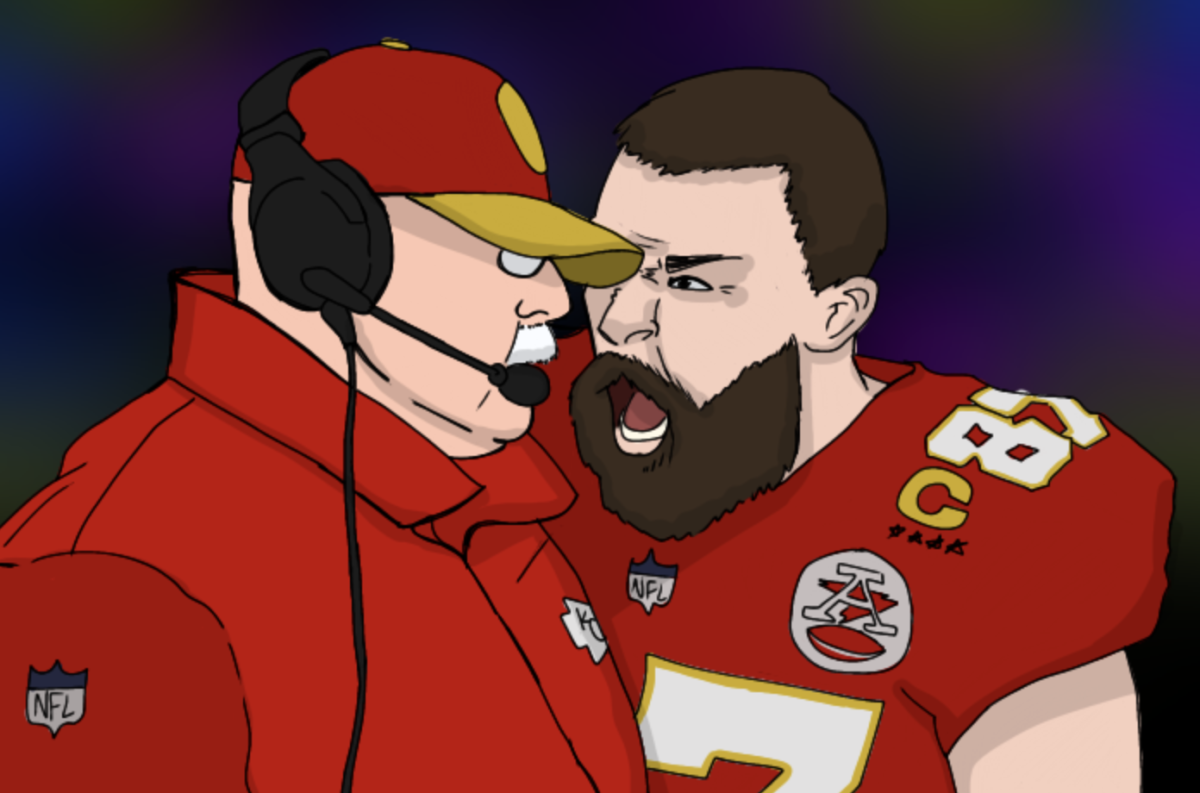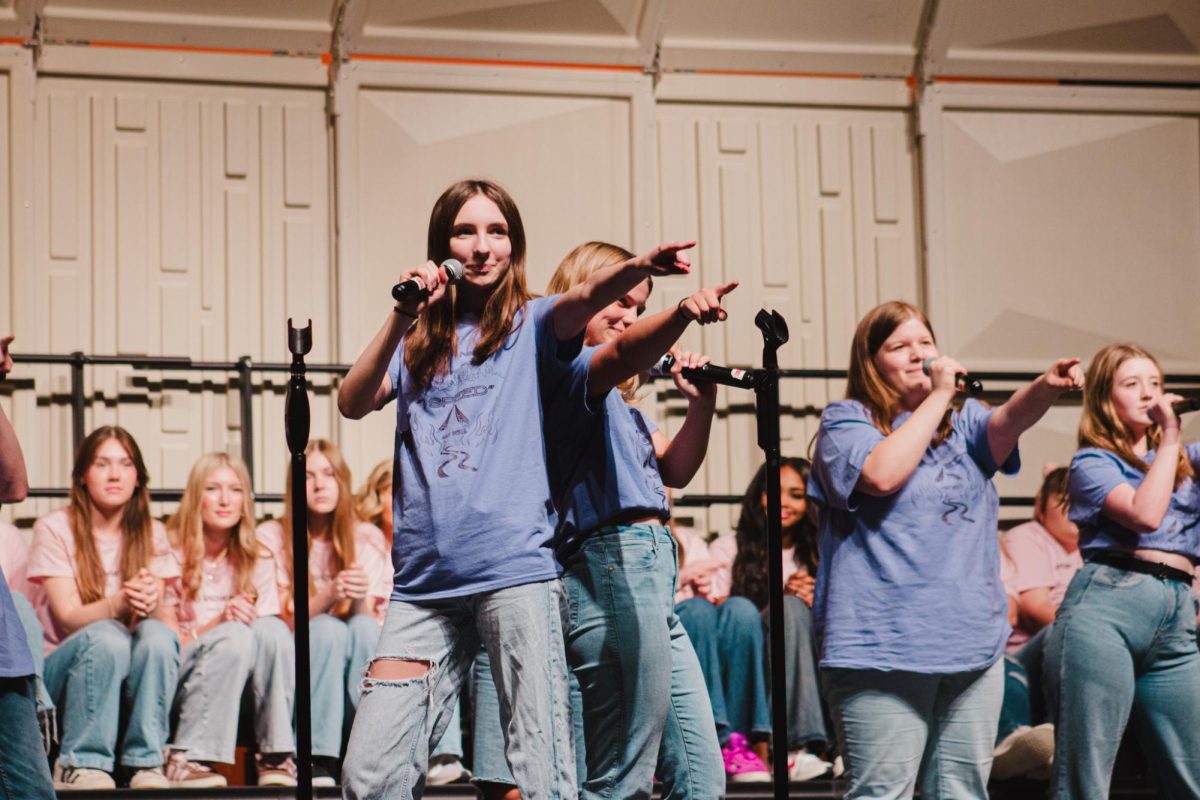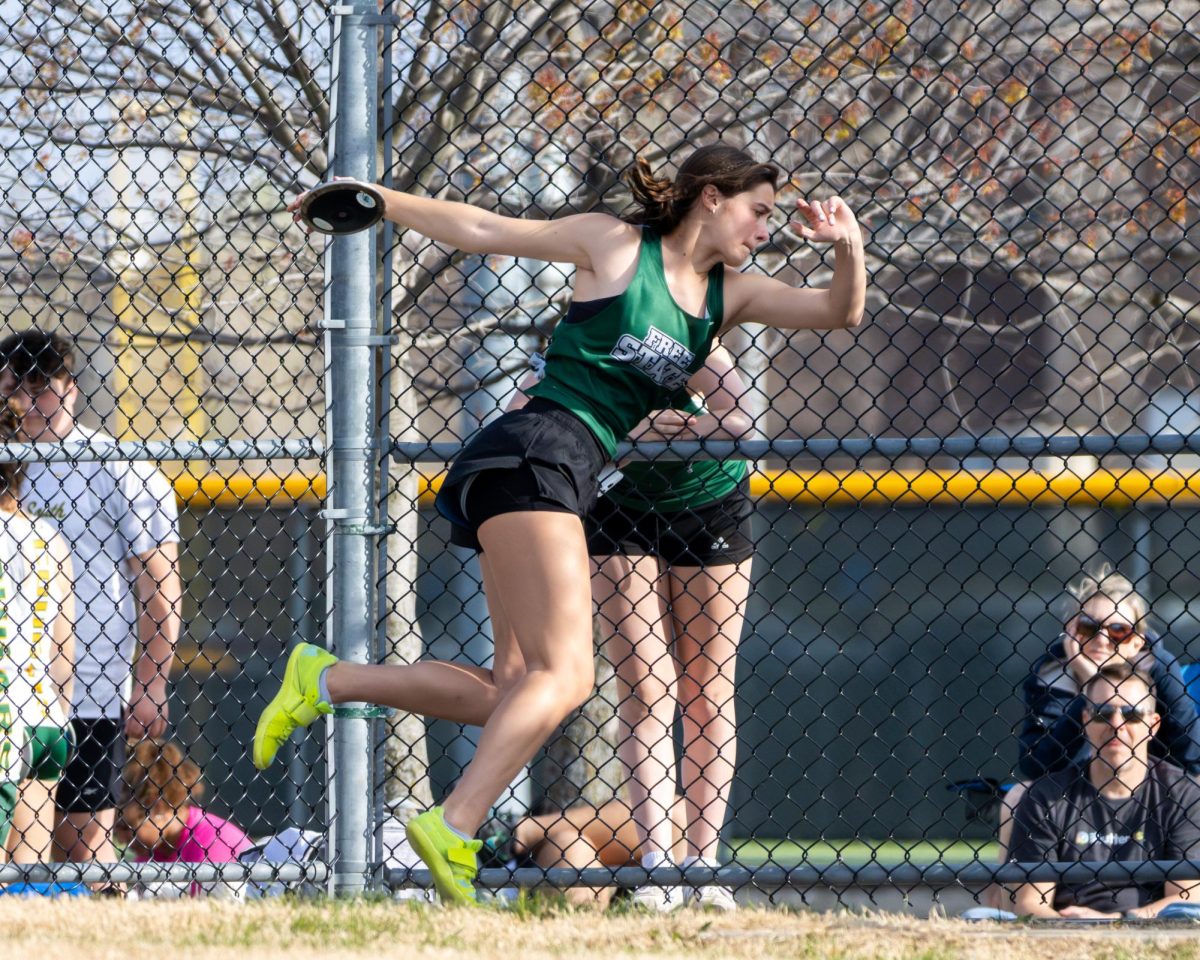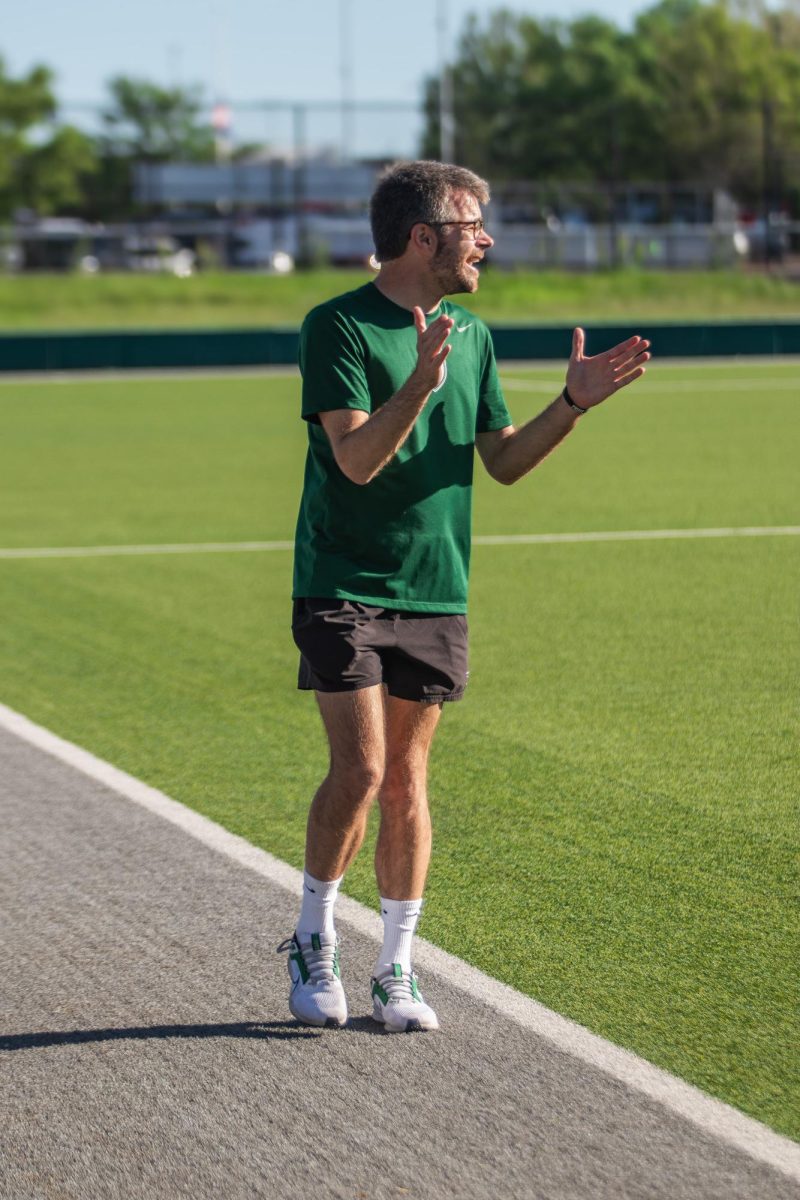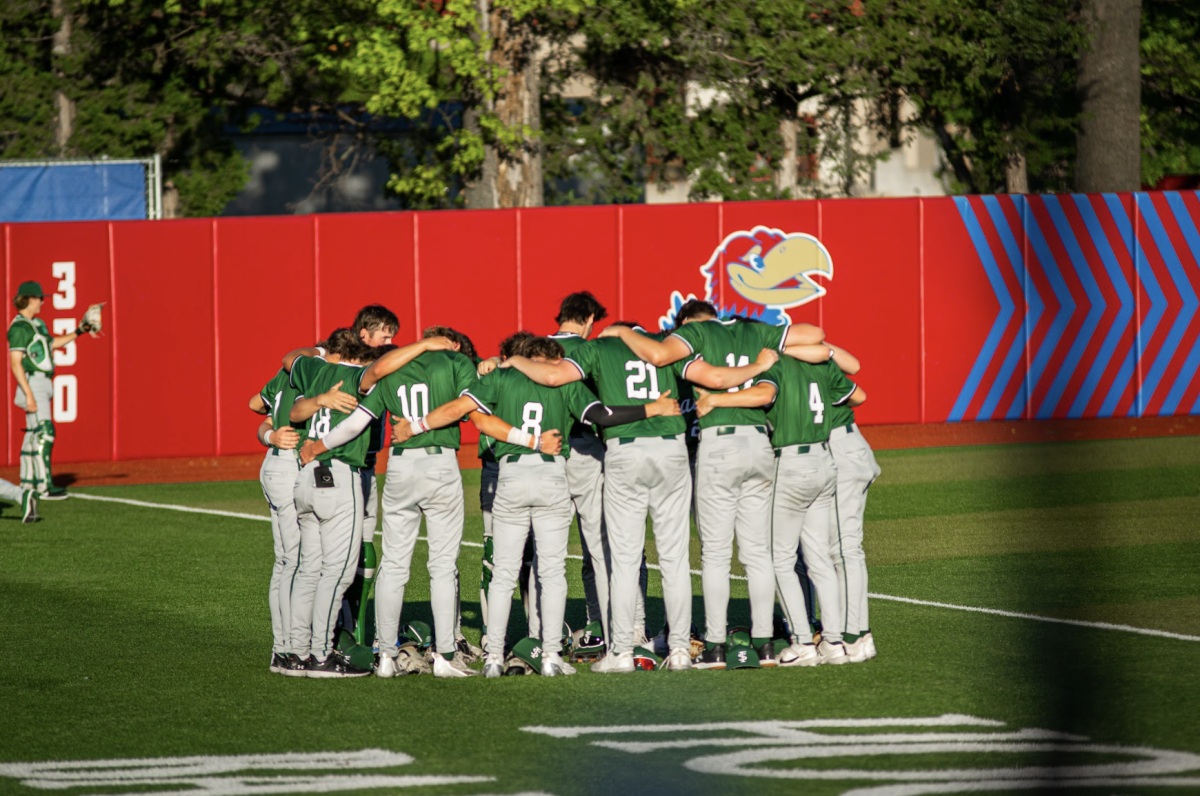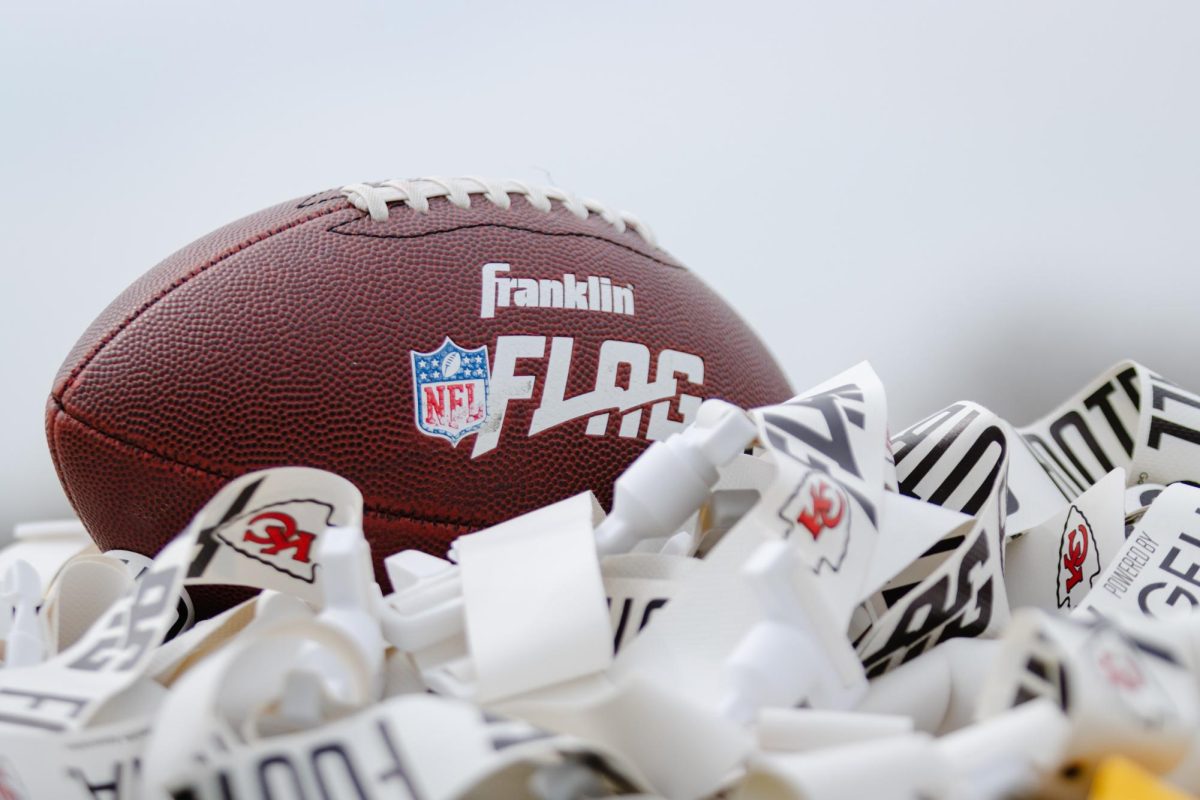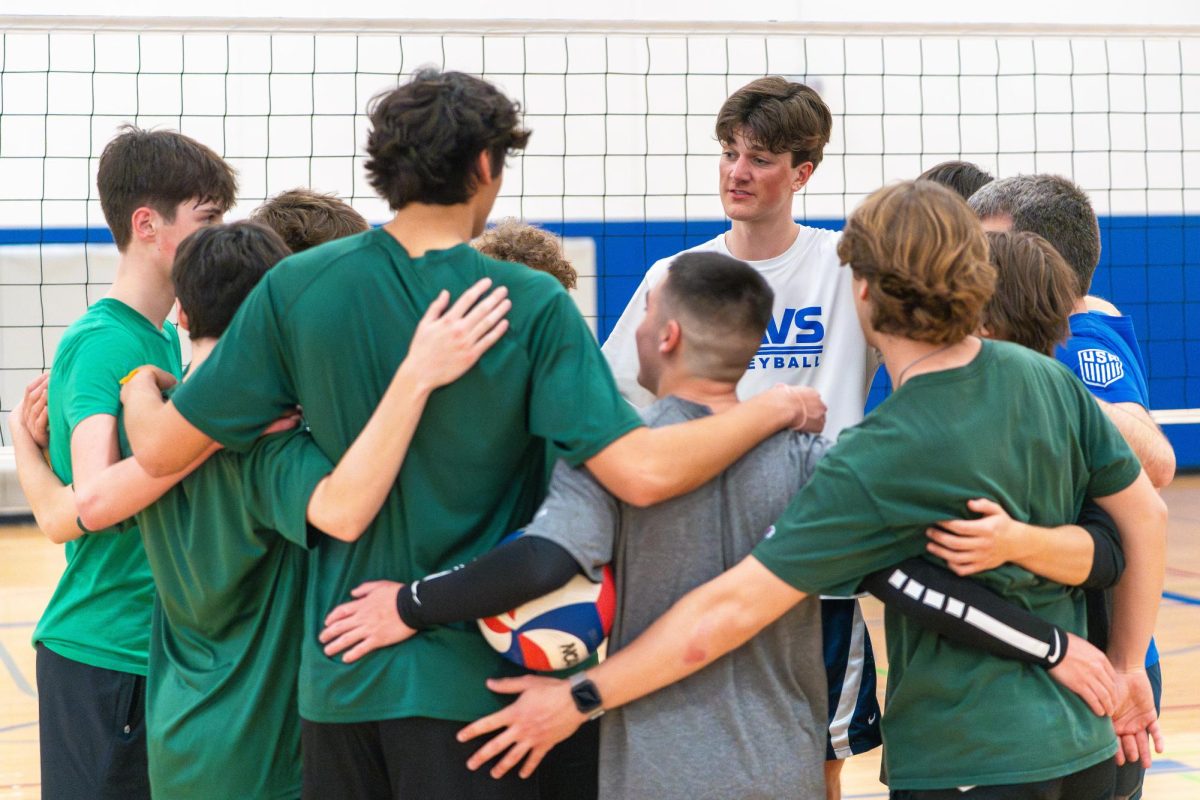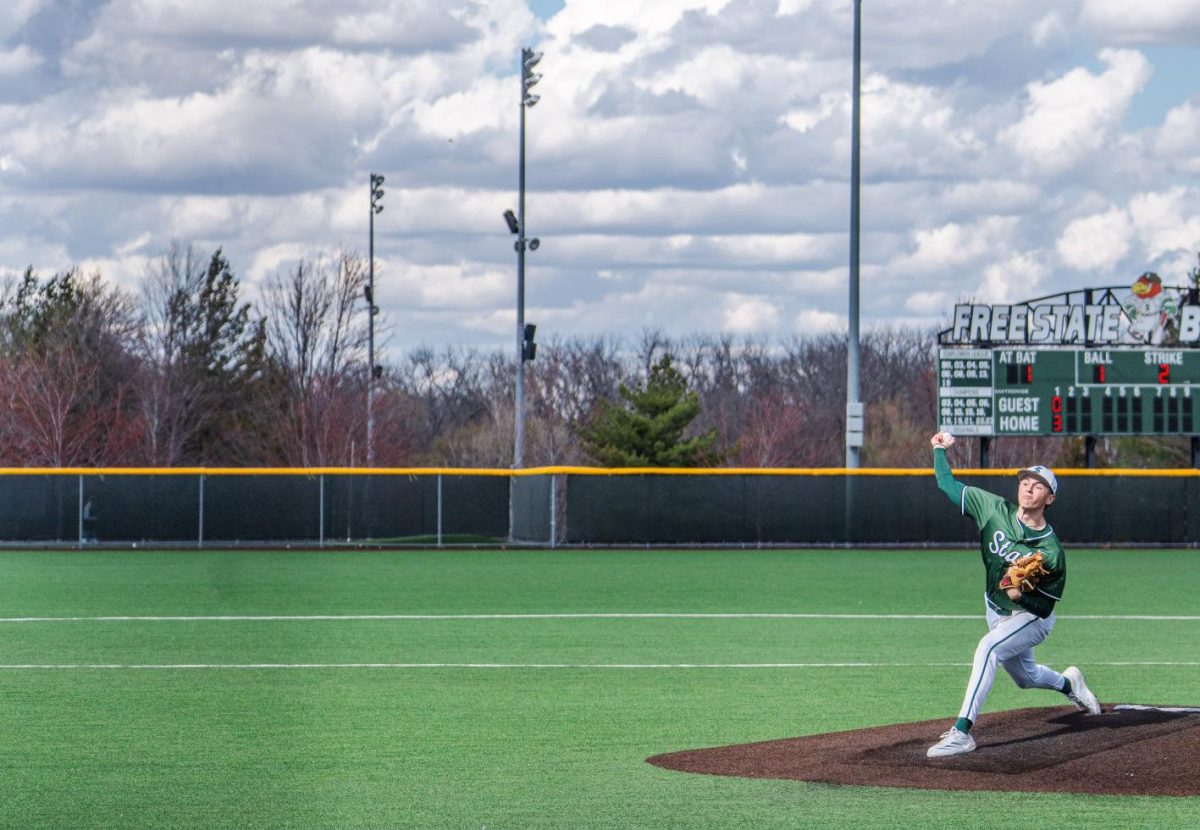When the cameras flashed to Travis Kelce yelling and shoving coach Andy Reid during Super Bowl LVIII, millions of viewers saw the negative emotions football can evoke in its players. During his early years playing for the Chiefs, Kelce made a name for himself by getting fired up during games, earning him and his team countless flags and penalties. However, after his latest outburst, sports commentators and fans have resumed debates over how stress can affect players.
While high school and professional football have many differences, the culture surrounding the games is similar. The energy of the crowd, coaches yelling the next play and the ever-growing nerves can either encourage players to try their hardest or drown them in stimuli. Head football coach Kevin Stewart believes that while small amounts of stress can motivate, too much can be damaging.
“To be challenged is a good thing. That creates an opportunity for players to focus and to have a little bit of intensity and expectations and have some urgency,” Stewart said.
Kelce’s outburst shows the intensity professional games can bring. Similar intensity and stress can also be found at the high school level. According to counselor Summer Frantz, between staying caught up in class, countless practices and the many other responsibilities of a high school student, it’s no surprise that stressors can pile up. By game time, emotions spill over.
“Everyone can kind of lose their cool a little bit and just kind of get worked up and [get] kind of at each other’s throats a little bit,” senior John Jackson said.
Both Jackson and Stewart agree that a common way to prevent conflicts on the field is by promoting a healthy and positive environment. Teams do this in many ways, including dinners, retreats, drafts and pool parties.
Activities outside of practice allow players to create deeper connections with their teammates and coaches. According to Stewart teams that enjoy being together are less likely to argue on the field.
“They definitely have that built-in camaraderie and that helps prevent some [fights and arguments],” Stewart said.
Kelce’s outburst was just one dispute on the field. However, it showed the negative side effects of stress on the field.



